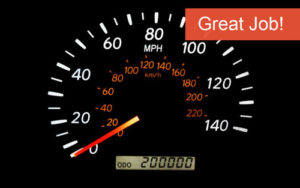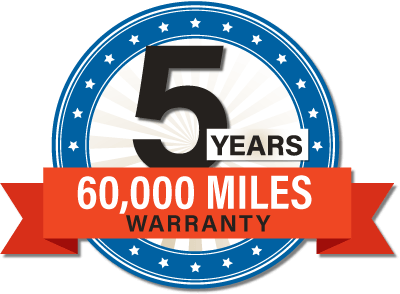
One of the most common noises comes from issues with a failed wheel bearing. The most common symptom is a roaring noise when driving that increases as your speed increases. It may not always be heard at low speeds and may go away at high speeds, too. Often times, sharply turning the steering wheel to one side while driving will cause the pitch of the noise to change. It is not always a simple task to determine which wheel bearing has failed. Auto technicians often use remote microphones or ultra-sound devices to examine your wheel bearings.
Wheel bearings come in quite a few designs these days. In earlier times, they were made to be serviceable. Today’s designs are either bolt-in or integral design. While neither tend to require much preventative maintenance, when they fail it is vital to learn the cause. Wheel bearings are not going to last forever, so monitoring them through sound is helpful. Wheel bearings are lubricated internally and sealed. This lubricant generates pressure when agitated, so the seals are designed to allow this to escape. Is there a draw back? Yes, the wheel seal is not water tight. When you drive through a flooded street or through high water, moisture can enter the wheel bearing. This in turn emulsifies the lubricant and wheel bearing failure can follow. Modern bearings are not serviceable, so any contamination means replacement of the bearing.
The next time you find yourself asking, “what is that noise?” be sure to come visit our auto mechanics. We offer numerous wheel and tire
services and will have your vehicle sounding and performing as it should. Noisy car parts can be scary, but not as scary as ignoring them.





